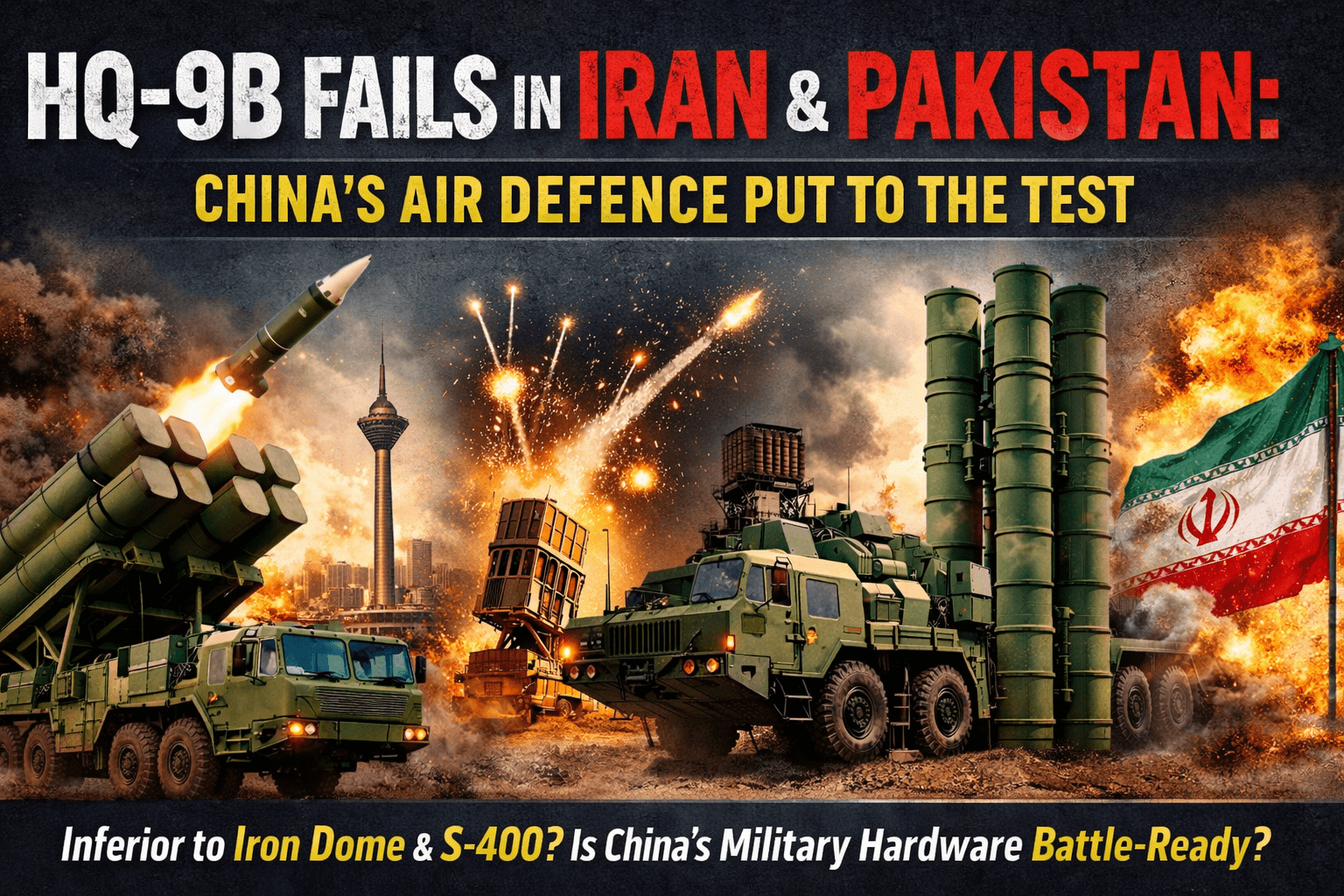Vietnam’s annual September 2 National Day amnesty will not include anyone jailed for anti-state charges according to President Nguyen Xuan Phuc. A presidential spokesperson announced his decision on who to consider for early release at a Monday news conference, state-controlled media reported.
This year’s amnesties will be granted to those sentenced to long or lifetime terms who will still be serving their sentences on August 31.
The long list of charges not to be considered rules political prisoners out of the running. The exclusions include people charged with national treason; activities aimed at toppling the government; spying; trespassing on national security sites; and violence and terrorism against the State. Other cases ruling out release include sabotaging the material and technical foundations of the State of Vietnam; making, storing, disseminating or propagating information, documents and items aimed at opposing the State; disrupting security; attacking or damaging detention facilities; and terrorism. Crimes against peace and humanity, and war crimes are also on the list of who to exclude from the presidential pardons.
RFA statistics show that Vietnam has arrested at least 12 dissidents from the start of the year through to Tuesday with five found guilty of conducting anti-state propaganda and sentenced to between five and eight years. The charges stem from crimes listed in the National Security provisions of the Criminal Code. These include “abusing democratic freedoms” under Article 331 of the Criminal Code 2015 and “conducting propaganda against the state” under Article 88 of the Penal Code 1999 or Article 117 of the Criminal Code 2015.
Last year at least 32 people were found guilty of posting opinions critical of the government, according to Human Rights Watch. It said at least 26 others were arrested on fabricated political charges.
In its World Report 2022 the independent pressure group was scathing in its criticism of the Vietnamese government and Communist Party.
“Vietnam systematically suppresses basic civil and political rights. The government, under the one-party rule of the Communist Party of Vietnam, severely restricts freedom of expression, association, peaceful assembly, movement, and religion,” it said.



